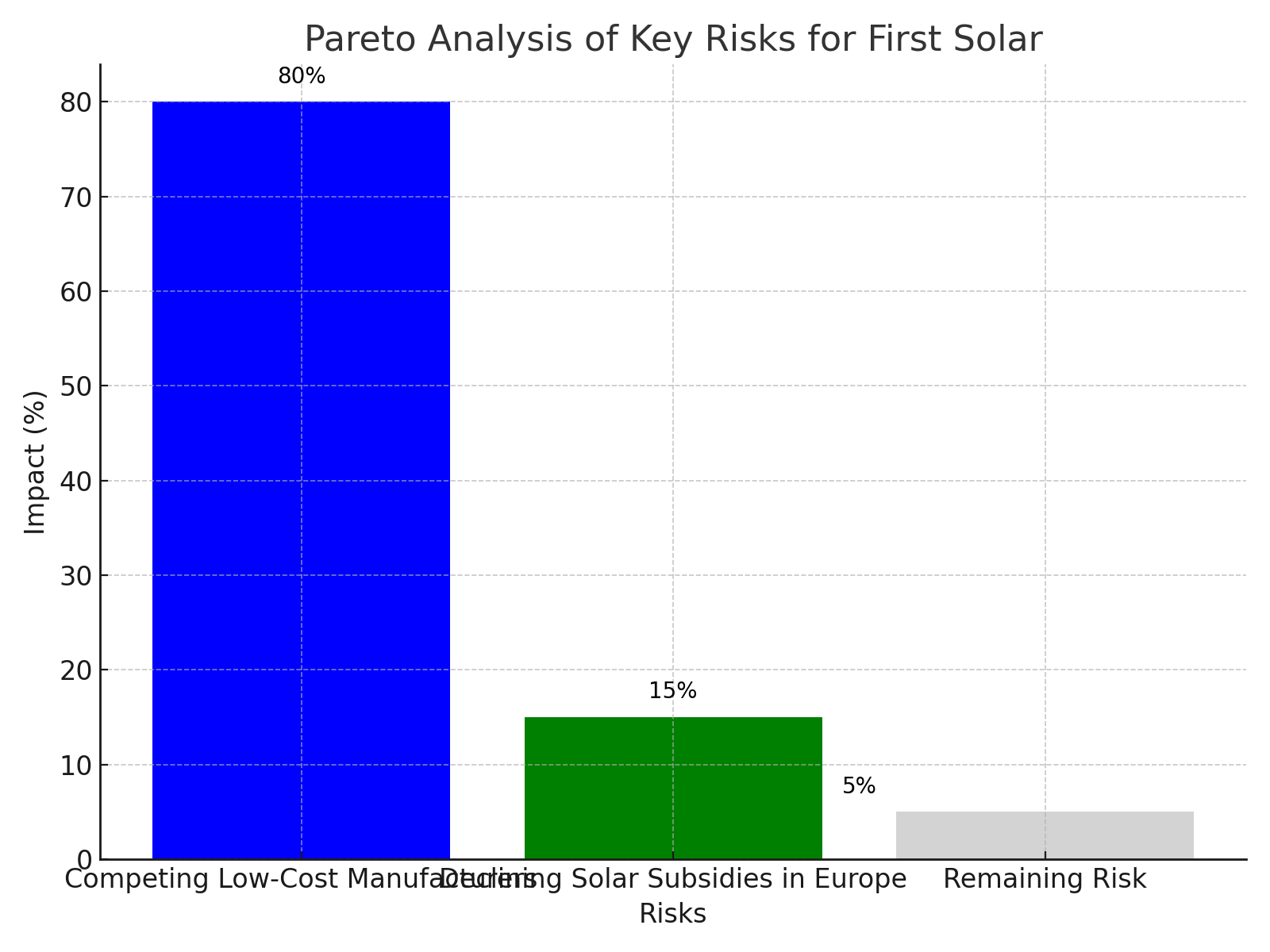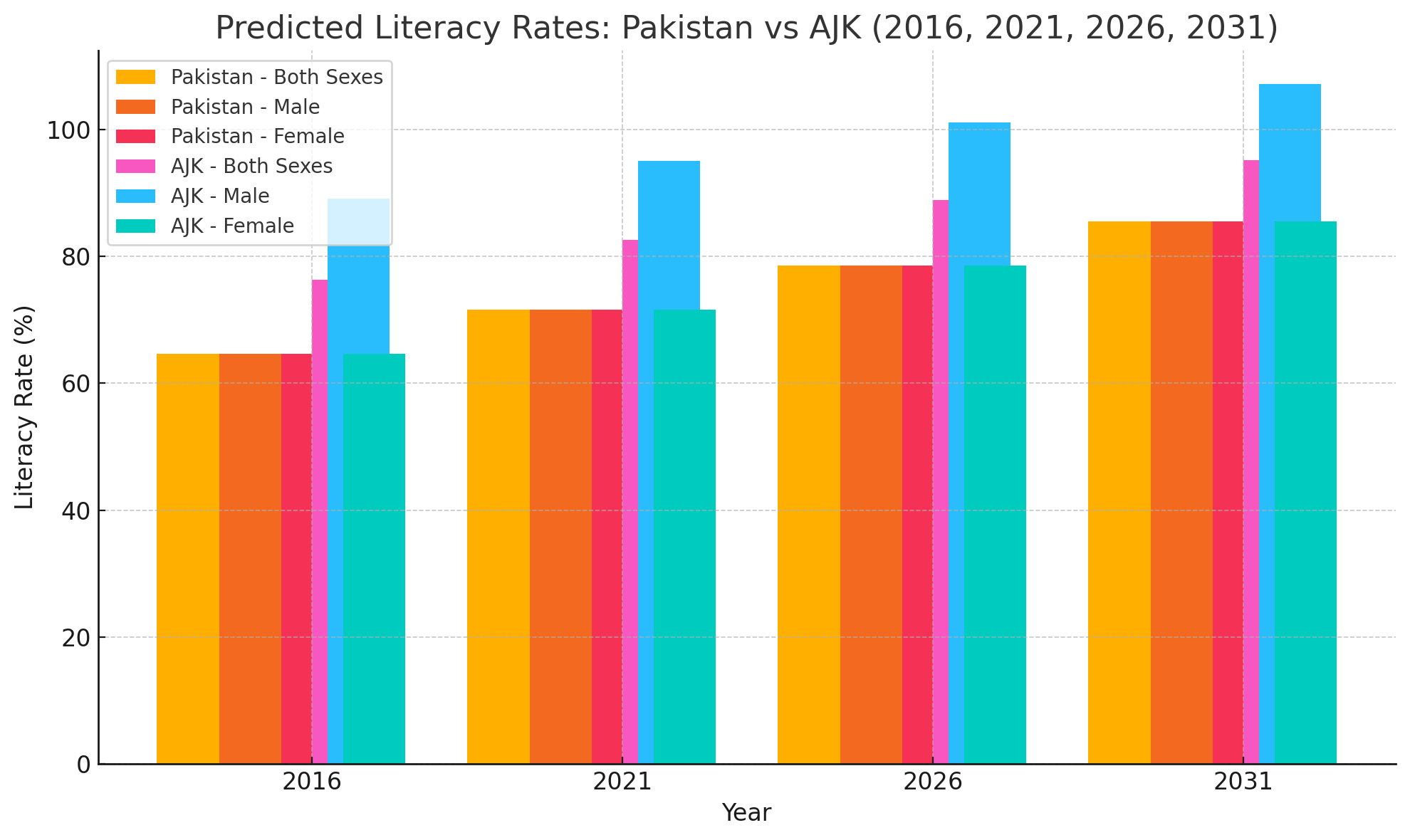In Pakistan, there are different rules and regulations applicable to large infrastructure project, which governs the procurement process to ensure transparency, fairness, and efficiency. The proper regulatory environment must be in place to promote ethical behavior and ensure that public money can deliver value for money as infrastructure projects proliferate in sectors such as transport, energy and urban development. The Public Procurement Regularity Authority (PPRA) is a key organization in the regulation of public procurement to eradicate corruption and ensure competitive bidding. At the center of this framework, Public Procurement Rules (PPR) serve as the casting for the procurement of goods and services by government departments and public sector organizations for infrastructure projects (Raza and Hussain, 2017b; Sharma and Gupta, 2018).
1 Public Procurement Regularity Authority PPRA
The PPRA mandates regularizing the procurement process to ensure the award of public sector projects in an open and competitive atmosphere. It governs procurement for the federal and provincial governments as well as public sector undertakings (PSUs) across the country. PPRA’s primary objective is to strengthen the current procurement ecosystems to reduce corruption and foster competition and equity throughout (Govt. of Pakistan, 2018 & 2025). Therefore, the PPRA operates:
1.1 Transparency in Procurement Activities: Stakeholders must see and be seen accountable in each step from every stakeholder (Shukla and Sharma, 2019; Brenan et al., 2024).
1.2 Bidding: Make it possible to select investors or contractors with better qualifications based on value-for-money standards and high project standards through open competitive bidding (Rajasekar and Kumar, 2020).
1.3 Fairness: An impartial selection process ensures equal opportunity for every bidder to participate. It carries these to help in the management of such procurement and/or usages of the public resources (Raza and Hussain, 2017b).
2 Procurement legal framework
Aside from PPRA, procurement practices in Pakistan are held with the Contract Act-1872. Finance-GFR controls the finance part of procurement, public funds management and contracts (Govt. of Pakistan, 2018). These regulations allow innovative use of the funds and minimize the financial elements of the procurement process (Raza & Hussain, 2017a & b).
The need for independent scrutiny of procurement practices by complying with the ‘Guidelines on Procurement of Goods’ issued by the Central Vigilance Commission (CVC) or addressing investor complaints regarding procurement violations. Now, CVC scrutinizing that process must use ethics in procurement (Govt. of Pakistan, 2019; Siddiqui, 2020).
Public Sector E-Tendering
E-Tendering: Revolutionizing Pakistan’s Public Procurement to Manage Infrastructure on a Large Scale Since 2016, the Government e-Marketplace (GeM) has provided significant improvements to procurement processes, allowing digitization and expediting the entire process (Aziz and Khan, 2019; Rajasekar and Kumar, 2020).

